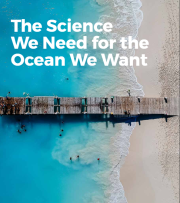
- Home
- Our Work
We provide scientific and technical advice on the development, planning and implementation of the activities of the Sub-Commission.
- UN Ocean Decade
- UN 21: Marine Spatial Planning
- UN 22: Stem of Asia’s Riverine Plastic Emission
- UN 23: Accelerating the Capacity Development Transformations: Regional Network of Training and Research Centers
- UN 24: Explore the Strongest Ocean Current in the Western Pacific: CSK2
- News
- Events
Discover the latest and up-to-date news and headlines from all over the WESTPAC region
- Resources
We serve as a unique international platform to advance marine scientific knowledge, and catalyze multi and cross-disciplinary collaborations among its Member States
- About Us
We promote international cooperation and to coordinate programmes in marine research, ocean observations and services
Contact Us

IOC Sub-Commission for the Western Pacific (WESTPAC)
Advancing knowledge and cooperation for a healthy ocean and prosperous society

- Home
- Our Work
We provide scientific and technical advice on the development, planning and implementation of the activities of the Sub-Commission.
- UN Ocean Decade
- UN 21: Marine Spatial Planning
- UN 22: Stem of Asia’s Riverine Plastic Emission
- UN 23: Accelerating the Capacity Development Transformations: Regional Network of Training and Research Centers
- UN 24: Explore the Strongest Ocean Current in the Western Pacific: CSK2
- News
- Events
Discover the latest and up-to-date news and headlines from all over the WESTPAC region
- Resources
We serve as a unique international platform to advance marine scientific knowledge, and catalyze multi and cross-disciplinary collaborations among its Member States
- About Us
We promote international cooperation and to coordinate programmes in marine research, ocean observations and services
Contact Us
Regional Training and Research Center on Coastal Contaminant Monitoring and Marine Innovative Technologies
Covering more than 70 percent of the planet’s surface and containing about 97 percent of its water, the ocean plays a central role in regulating climate by absorbing the greatest amount of solar radiation that reaches the Earth, distributing and transporting heat energy around the globe.
The Western Pacific is of great significance to global ocean and climate systems. For instance, the Indo-Pacific Warm Pool, a large area lying along the path of the global ocean conveyor belt and characterized by a mean sea surface temperature (SST) exceeding 28˚C, is called the ‘heat engine’ of the globe and has a large effect on the climate and monsoon variability for many nations throughout Asia and Africa and also influences remote regions and large scale climate variability and change.
In response to the increasing demand for enhancing research capacity on ocean dynamics, air-sea interaction and numerical modeling, the Sub-Commission initiated region-wide consultations and technical evaluation In the framework of the “UNESCO/IOC Regional Network of Training and Research Centers on Marine Science”, and established the Regional Training and Research Center on Ocean Dynamic and Climate (RTRC-ODC) at the First Institute of Oceanography (FIO), State Oceanic Administration of China, in light of its widely recognized scientific and technical specialization in ocean dynamics and climate research, especially ocean and climate model development.
The Regional Training and Research Center on Ocean Dynamics and Climate (RTRC-ODC) was officially established at the 8th WESTPAC Intergovernmental Session (IOC/SC-WESTPAC-VIII/3s, Recommendation SC-WESTPAC-VIII.2, Bali, Indonesia, 10-13 May 2010).
Being the first Regional Training and Research Center, the ODC Center aims to enhance regional research capacity and capability on ocean dynamics, air-sea interactions, climate change and numerical modeling through, among others, the provisions of regular training courses in English once a year to junior scientists and doctoral/master students mainly from the developing member states within and outside the region.
The RTRC-ODC trainings were tailored to suit young scientists’ needs, covering a series of subjects ranging from ocean models (2011), ocean dynamics (2012), air-sea interaction and modeling (2013), climate models (2014), climate change (2015), ocean dynamics and multi-scales interaction (2016), development of coupled regional ocean models (2017), ocean forecast system (2018) and climate dynamics and air-sea interactions (2019). The RTRC-ODC training 2020, originally scheduled for 13-22 July 2020, on the application of coupled climate models had to be postponed to 5-16 July 2021 due to the COVID-19 pandemic.
From 2011 to 2020, a total of 841 applications from 54 countries were received, with 395 young scientists from 43 countries finally selected for the 9 training courses. Specifically, in the evaluation period of 2015-2019, 578 applications were received from 46 countries, and 191 young scientists from 36 countries were finally selected.
Please see here for detailed information on previous trainings.
- Ninth training course on climate dynamics and air-sea interactions, Qingdao, China, 17-28 June 2019
- Eighth training course on ocean forecast system, Qingdao, China, June 25-July 07, 2018
- Seventh training course on development of coupled regional ocean models, Qingdao, China, 12-13 June 2017
- Sixth training course on ocean dynamics and multi-scales interaction, Qingdao, China, 06-16 September 2016
- Fifth training course on climate change, Qingdao, China, 07-08 September 2015
- Fourth training course on climate models, Qingdao, China, 03-14 November 2014
- Third training course on air-sea interaction and modeling, Qingdao, China, 12-23 August 2013
- Second training course on ocean dynamics, Qingdao, China, 16-22 July 2012
- First training course on ocean models, Qingdao, China, 10-16 June 2011
You can find more detailed accomplishments about the RTRC-ODC here.


